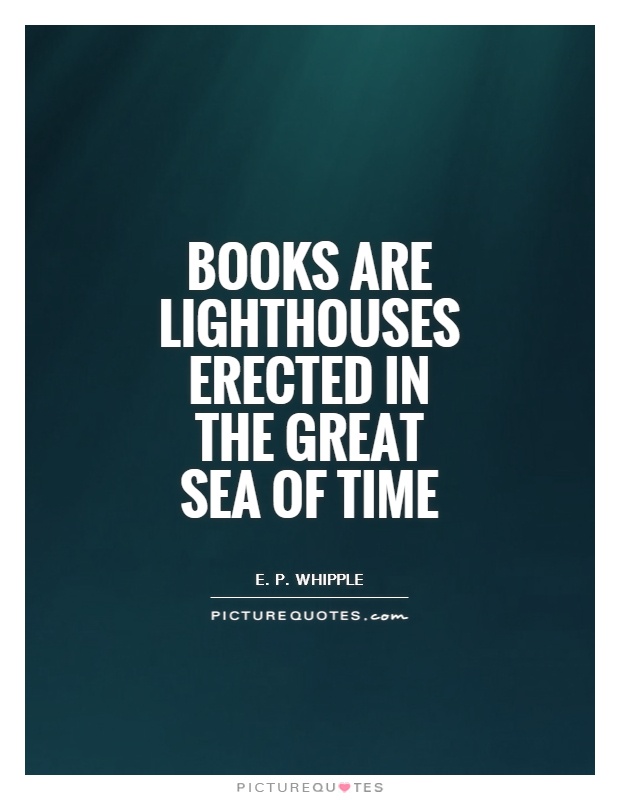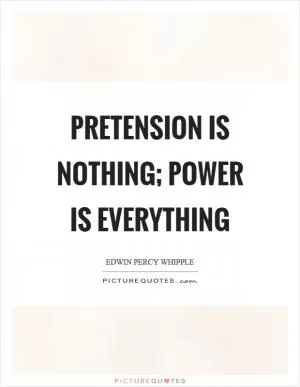Books are lighthouses erected in the great sea of time

Books are lighthouses erected in the great sea of time
In the famous words of E.P. Whipple, "Books are lighthouses erected in the great sea of time." This powerful metaphor beautifully captures the essence of the enduring impact that books have on humanity. Just like lighthouses guide ships safely through treacherous waters, books serve as beacons of knowledge and wisdom, illuminating the path for generations to come.Whipple, a prominent American essayist and critic, understood the profound significance of literature in shaping the course of history. Books have the power to transcend time and space, connecting readers across centuries and continents. They preserve the collective wisdom of humanity, offering insights into the past, present, and future. In a world that is constantly changing and evolving, books provide a sense of continuity and stability, anchoring us in the vast sea of time.
Books serve as a source of enlightenment and inspiration, guiding us through the complexities of life. They challenge our perspectives, broaden our horizons, and ignite our imaginations. Through the pages of a book, we can explore new worlds, encounter diverse cultures, and engage with profound ideas. Books have the ability to transport us to different eras and realities, allowing us to experience the richness and diversity of human experience.
Moreover, books have the power to shape our values, beliefs, and identities. They can spark revolutions, challenge authority, and inspire social change. Throughout history, books have played a pivotal role in shaping the course of events, from the Renaissance to the Civil Rights Movement. They have the power to challenge the status quo, provoke critical thinking, and foster empathy and understanding.












 Friendship Quotes
Friendship Quotes Love Quotes
Love Quotes Life Quotes
Life Quotes Funny Quotes
Funny Quotes Motivational Quotes
Motivational Quotes Inspirational Quotes
Inspirational Quotes